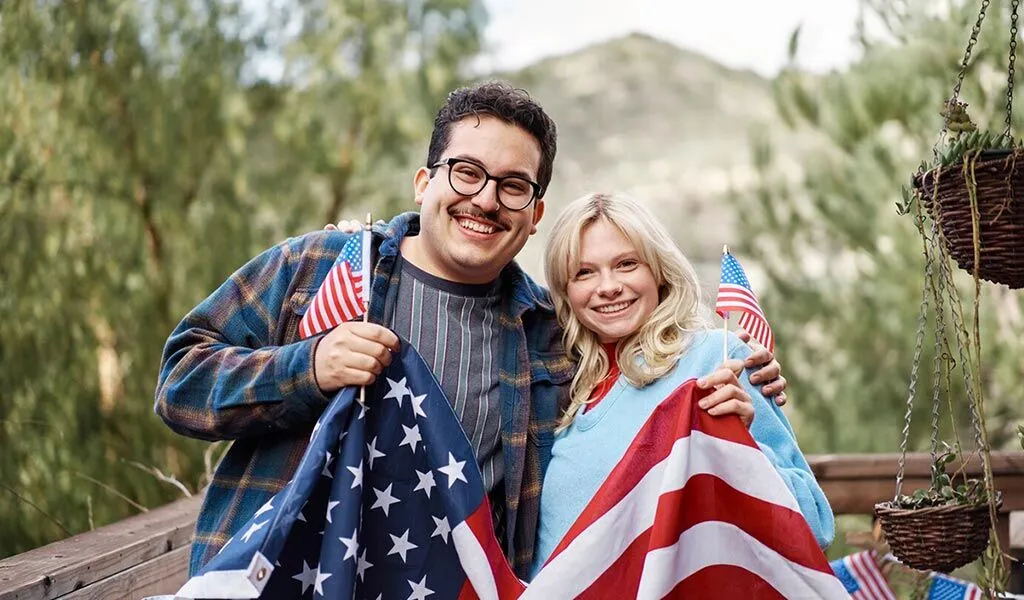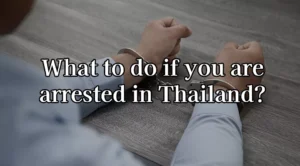Embarking on the journey of bringing your loved one to the United States is an exciting but often complex process. In this article, we will guide you through the practical aspects of the visa application as a K1 visa sponsor, providing insights and information that can help streamline the process for you and your fiancee.
Understanding the K1 Visa
The K1 visa, also known as the fiancé(e) visa, is designed for the foreign-citizen fiancé(e) of a U.S. citizen. Its primary purpose is to allow the fiancé(e) to enter the United States and marry their U.S. citizen sponsor within 90 days of arrival. After the marriage, the foreign spouse can apply for permanent residence.
Eligibility Criteria
Before diving into the application process, it’s crucial to ensure that both parties meet the eligibility criteria. The U.S. citizen sponsor must be a citizen, not just a permanent resident, and both parties must be free to marry. Additionally, they should have met each other in person within the two years preceding the filing of the petition, unless meeting in person would violate cultural or social customs or pose extreme hardship.
Initiating the Process
The K1 visa application process kicks off with the U.S. citizen sponsor filing Form I-129F, Petition for Alien Fiancé(e), with the United States Citizenship and Immigration Services (USCIS). This form serves as the official request to classify the foreign fiancé(e) as eligible to enter the United States for marriage.
Approval and Consular Processing
Once the petition is approved, it is forwarded to the U.S. embassy or consulate in the foreign fiancé(e)’s home country. The foreign fiancé(e) is then required to apply for a K1 visa, undergo a medical examination, and attend a visa interview. The U.S. embassy or consulate will issue the visa if everything is in order.
Financial Responsibility
A critical aspect of the K1 visa sponsorship process is demonstrating financial responsibility. The U.S. citizen sponsor must prove they have the means to support their fiancé(e) financially. This often involves submitting financial documents, such as tax returns, employment verification, and a statement of intent to marry within 90 days of arrival in the U.S.
Conditional Green Card and Adjustment of Status
After the marriage takes place in the U.S., the foreign spouse can apply for a conditional green card. This grants them conditional permanent resident status for two years. To remove the conditions, the couple must jointly file Form I-751, Petition to Remove Conditions on Residence, within the 90-day period before the conditional green card expires.
Common Challenges and How to Address Them
Navigating the K1 visa sponsorship process may present certain challenges. Delays can occur due to incomplete documentation, changes in personal circumstances, or the need for additional evidence. To mitigate these challenges, it’s essential to stay organized, keep communication lines open with immigration authorities, and seek legal guidance when necessary.
Potential Denial of a K1 Visa Application
The denial of a K1 visa application can be disheartening, but understanding the potential reasons for denial can help applicants address these issues and increase their chances of success. Here are some common reasons why a K1 visa application might be denied
Ineligibility or Failure to Meet Requirements
The U.S. citizen sponsor or the foreign fiancé(e) does not meet the eligibility criteria, such as being legally able to marry, having met in person within the required time frame, or being a U.S. citizen.
Incomplete or Inaccurate Documentation
Failure to submit all required documents or providing incomplete or inaccurate information can lead to a visa denial. It is crucial to carefully follow the instructions provided by the U.S. Citizenship and Immigration Services (USCIS) and the U.S. embassy or consulate.
Criminal History
Certain criminal convictions, especially those involving violence or drug trafficking, can result in a visa denial. Applicants should be aware of the impact of their criminal history on the visa application process.
Fraud or Misrepresentation
Providing false information, presenting fake documents, or attempting to deceive immigration authorities can lead to a visa denial. Honesty and transparency throughout the application process are crucial.
Insufficient Financial Support
The U.S. citizen sponsor must demonstrate the ability to financially support their fiancé(e). If the sponsor’s income or financial situation is deemed insufficient, it can result in a visa denial. Providing evidence of financial stability is essential.
Health-related Issues
Certain medical conditions may lead to a visa denial if they are deemed to pose a threat to public health or safety. Applicants must undergo a medical examination as part of the visa application process.
Security Concerns
If either the U.S. citizen sponsor or the foreign fiancé(e) is found to have connections to criminal or terrorist activities, it can result in a visa denial. Background checks are conducted as part of the visa application process.
Previous Immigration Violations
If either the U.S. citizen sponsor or the foreign fiancé(e) has a history of immigration violations or visa overstays, it can negatively impact the K1 visa application.
Failure to Attend Visa Interview
Both the U.S. citizen sponsor and the foreign fiancé(e) are typically required to attend a visa interview. Failure to attend the visa interview without a valid reason can lead to the visa application being denied.
Failure to Overcome a Prior Visa Denial
If the applicant has previously been denied a visa and fails to address the issues that led to the denial, it may result in another denial.
Conclusion
Bringing a loved one to the United States through the K1 visa process requires careful navigation of legal procedures. By understanding the eligibility criteria, initiating the process, demonstrating financial responsibility, and addressing potential challenges, you can help streamline the journey for those embarking on the path to love across borders.
Contact Siam Legal
 | Ken Graham US Immigration Attorney Partner, Siam Legal International |
 | Natdaphon Luengsawang Senior US Visa Consultant Siam Legal International |
LIVE SUPPORT
 CALLCall (702) 799 9719 |  CHATChat with our representative | |
| From US: Sunday – Friday 5:00 PM – 7:00 AM (New York time) 2:00 PM – 4:00 AM (Los Angeles time) From Thailand: Monday – Friday | ||







































